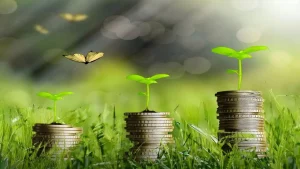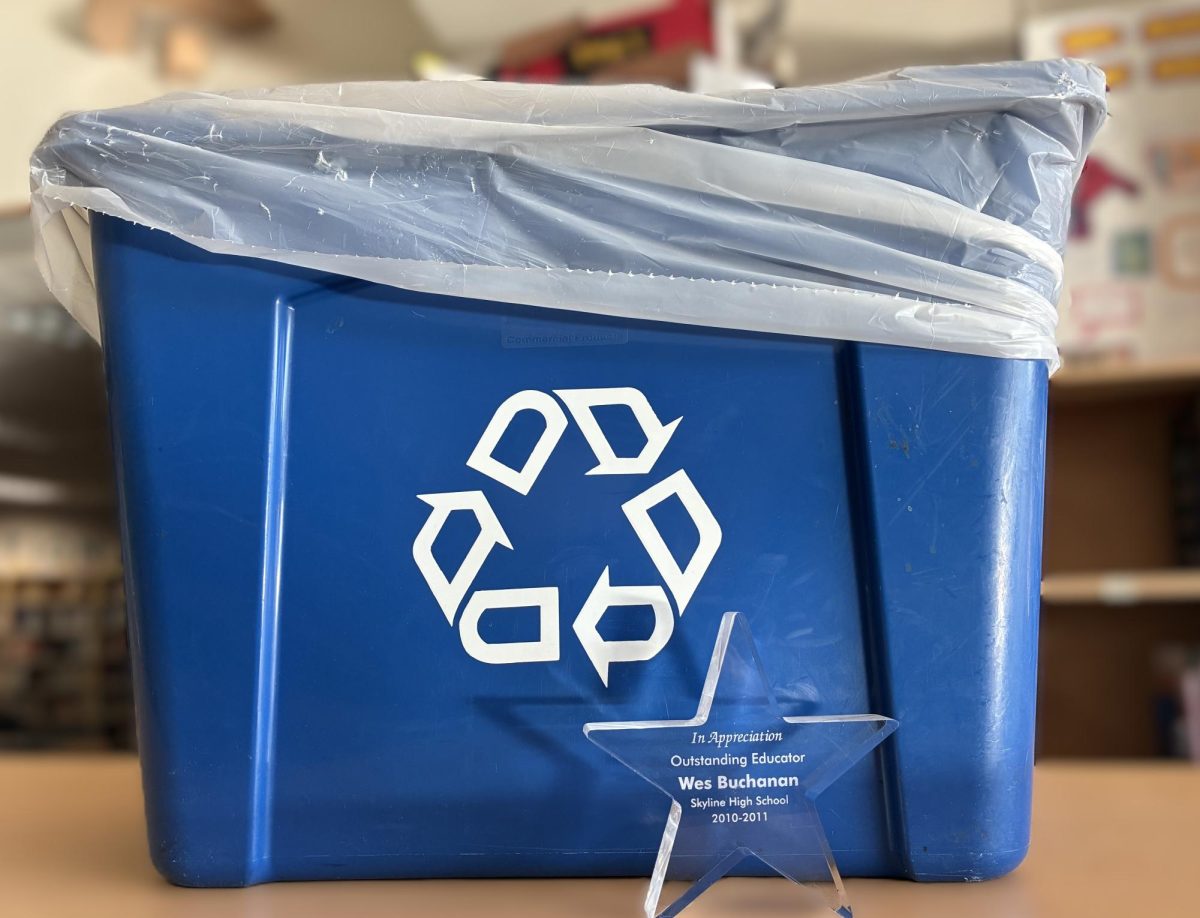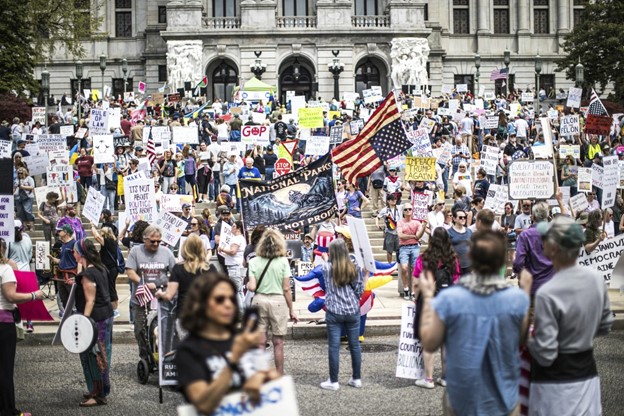With Donald Trump’s election and increasingly pessimistic articles about the state of our climate, many have given up on saving it. Climate doomerism is on the rise. A 2021 poll from the University of Bath found that half of young people affirm the idea that “humanity is doomed.”
It is tempting to give up on the climate. The issue is both large and complex, making it feel like our ability to enforce direct change is limited.
In June 1988, James Hansen, the former NASA Goddard Institute for Space Studies director, famously testified to the U.S. Senate Energy Committee that “the greenhouse effect has been detected, and it is changing our climate now.”
Hansen was right. The summer of 1988 brought on the worst heat waves recorded up until that point. Drought conditions affected 40 states, and major news outlets, such as the New York Times, ran headlines warning of greenhouse gases and their disastrous effects on global warming.
What helped generate buzz about worsening climate issues was the U.S. political state at the time. Unlike today, the United States was not so firmly divided along partisan lines, and combating climate change was not tied to a singular party.
The same summer Hansen delivered his findings to Congress, then-presidential candidate George H.W. Bush declared in his campaign speech that people who feel powerless in the face of the climate situation “forget about the ‘White House effect’; as president, I intend to do something about it.”
Though Bush could not implement significant solutions to the climate crisis during his presidency, his stance on environmental issues wildly differs from what our current president has to say today.
Though not directly addressing greenhouse gases, on March 1, 2025, President Trump signed an Executive Order allowing for the increase of timber production across 280 acres of national forests and federal land. He reasoned that “heavy-handed Federal policies” have “prevented full utilization” of the country’s timber resources. Logging can be problematic for biodiversity as it causes wildlife to lose their habitat and produces harmful greenhouse gas emissions.
There is hope, though. On a state level, New York Governor Kathy Hochul celebrated National Arbor Day this April by awarding $15 million in grants to bring more trees to urban areas. Trees in urban areas help reduce heat caused by the urban heat island effect. The Department of Environmental Conservation (DEC) supports New York’s efforts to plant 25 million trees by 2033.
Dr. Busch, the current IB Environmental Science teacher, says, “I am optimistic about addressing climate mitigation and adaptation challenges” as technology advances and people grow aware of the situation.
There will be ramifications even with new technology, but not to the level the media portrays it as. Even in the most extreme climate projections, the Intergovernmental Panel on Climate Change (IPCC) still sees humanity will survive.
It is the nature of the media to paint a bad future or have clickbait titles. We pay more attention to bad news, called the negativity bias, because of our survival instincts. This negative bias means we seek and remember bad information more than good information, making people feel like the situation is hopeless.
In the 1990s, people were worried about the ozone layer, and numerous articles professed the imminent death of humans due to our increased exposure to harmful UV rays. Yet, there was less coverage of the Montreal Convention, which started the recovery of the ozone layer and continues to this day.
Dr. Busch, when asked if there’s anything we can do, channeled the message of Henry Ford: “If you think you can or think you can’t, both answers are correct.” The first step to change is believing that you can have an impact.
He points out how even without joining environmental groups, we do have options in mitigating climate change. According to the World Economic Forum, consumers are responsible for 60-70% of all direct and indirect greenhouse gas emissions. Behind fossil fuel, agricultural activities are the second-largest producer of methane. Additionally, food that is disposed of and spoiled produces methane as well. Reducing food waste is a significant way to reduce our individual impact on the environment.
Overall, climate change is real, and there are environmental issues negatively impacting our society. Informing ourselves of these issues is necessary in achieving progress, not fear-mongering. We aren’t completely past the point of no return, but we will be if we believe we are.











